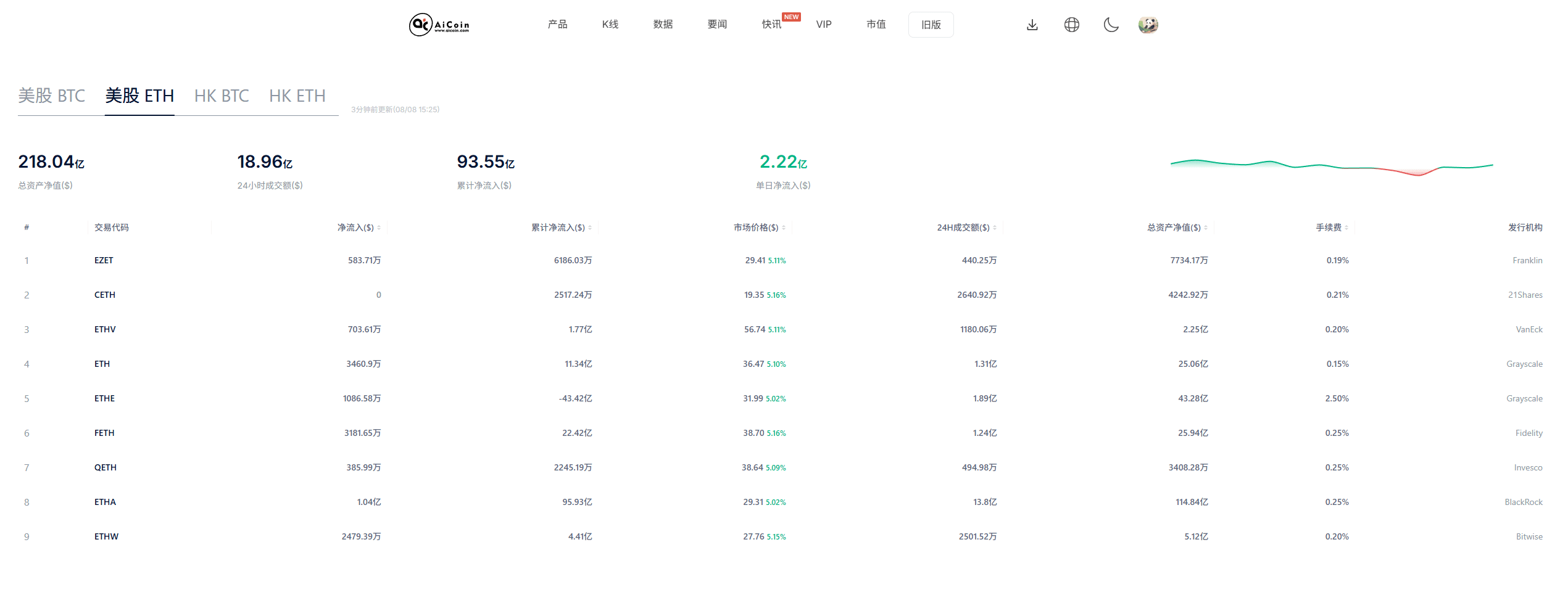In the continued volatility of the cryptocurrency market in 2025, Ethereum co-founder Vitalik Buterin expressed support for the 'Ethereum Reserve Company' in an interview on the Bankless podcast, while issuing a clear risk warning. He pointed out that publicly listed companies can provide investors with more opportunities to access the token by purchasing and holding Ethereum, and these companies choose to invest in asset reserve companies instead of directly holding ETH, further widening the market participation pathways. However, Buterin emphasized that Ethereum's future cannot come at the cost of excessive leverage. He worries that if a price drop triggers forced liquidation chain reactions, it will lead to further price crashes and damage the reputation of the entire ecosystem. Nevertheless, he believes that Ethereum investors possess enough self-discipline to avoid such systemic crashes.
A balance of support and warnings
Buterin publicly supported the concept of the 'Ethereum Reserve Company' in an interview for the first time. He explained that these companies allow publicly listed companies to include Ethereum in their asset reserves, thereby allowing more investors to indirectly access ETH, rather than being limited to direct holdings. This model is similar to MicroStrategy in the Bitcoin space, which has propelled institutional adoption by purchasing large amounts of BTC. Buterin believes this can provide a variety of options for individuals with different financial situations, promoting the decentralization and inclusivity of Ethereum.
However, Buterin's optimism is not unconditional. He has particularly warned about the risks of excessive leverage: if market prices fall, these leveraged reserve companies may face forced liquidations, triggering a chain reaction that further depresses prices and damages Ethereum's reputation. This concern stems from historical lessons in the DeFi space, such as the Terra collapse in 2022 and the leverage liquidation events in the first half of 2025. Buterin emphasizes that the Ethereum ecosystem cannot repeat past mistakes, and investors need to maintain self-discipline to avoid transforming the reserve trend into an 'excessive leverage game.'
This balanced viewpoint is not sudden. Buterin has consistently emphasized sustainability, such as introducing EIP-7702 and EIP-7251 in the Pectra upgrade to enhance staking efficiency and user experience. The rise of asset reserve companies comes as Ethereum ETFs see a net inflow of $7.33 billion. As of the time of this writing, the total net asset value of Ethereum spot ETFs is $21.804 billion, with an ETF net asset ratio (market cap relative to Ethereum's total market cap) reaching 4.66%. The historical cumulative net inflow has reached $9.355 billion. This shows that Buterin's support aims to guide trends in a healthy direction rather than promoting unrestrained expansion.

Institutional interest rising with risk concerns
Buterin's interview quickly sparked heated discussions in the market. On platform X, several users and KOLs pointed out that this support could accelerate corporate adoption of ETH, such as Nasdaq-listed Cosmos Health announcing that at least 72.5% of its fundraising will be used to build Ethereum reserves, further reinforcing Buterin's viewpoint. Optimists in the community believe this can alleviate the centralization risk of Ethereum and promote long-term price appreciation, aiming for the $4000 mark. However, cautious voices emphasize that leverage risk cannot be overlooked, and historical warnings from similar DeFi collapses must be remembered.
Ecological expansion and systemic vulnerabilities
Buterin's support may catalyze more corporate actions. Similar to the model of Bitcoin-backed treasury companies, Ethereum Reserve Companies can attract traditional investors, promoting sovereign adoption narratives, such as Indonesia considering ETH reserves. In the long run, this helps ETH shift from a speculative asset to a store of value, combined with the upgraded smart wallets and staking optimizations from Pectra, enhancing ecological efficiency. The market predicts that an additional $140 billion influx will drive up the ETH price, but caution is required regarding the fragility of high-beta assets.
Self-discipline and diversification
Buterin believes in investor self-discipline, which injects confidence into the market. The Fear and Greed Index has risen to 74, suggesting monitoring the $3740 support; if lost, the short-term trend may weaken. Accumulate using RSI oversold signals, but set stop losses. Diversify within the Ethereum ecosystem to avoid excessive leverage.
This article is for information sharing only and does not constitute any investment advice to anyone.
Join our community to discuss this event
Official Telegram community: t.me/aicoincn
Chat room: Wealth Group


